The Soul of this Country: Where We Stand One Year Later
“There are photographs that are snapshots of the soul of this country.”
Those are the opening words of the NAACP Legal Defense Fund’s video recap of the changing landscape of policing won through a year of protest since George Floyd was killed on camera for all the world to see.
Last week was a time to revisit the sights and sounds of the greatest mass protest for racial justice our country has ever witnessed. Last summer, Lecia J. Brooks and I called it Black American patriotism. Sherrilyn Ifill, narrating the Legal Defense Fund’s George Floyd anniversary video, said the same: “to do the work of trying to make this country better is the highest form of patriotism.”
The images of this powerful year of protest are interspersed, for me, with scenes that underscore the backlash we’re up against. The daily news alerts and morning-after photos documenting the rise in hate crimes targeting Asian Americans, Jews, Sikhs, institutions perceived to be Arab or Muslim. The attacks on critical race theory that deny the realities of both historic and contemporary racism. The gaslighting of something as well-documented and undeniable as the January 6th attempted coup of the U.S. government.
We are in a really hard time. President Biden called it a “long, hard winter,” one that hasn’t come to an end just because the sun sets later and the temperatures are soaring. We need to let go of the fantasy that the hard times and hard work are going to wrap up neatly like a 30-minute sitcom.
Democracy in the U.S. is truly in danger. But that’s not reason to give up. It’s reason to keep rising up.
“I don’t know of anything in the history of Black people in this country in which… it ended with ‘and then they gave up.’ That’s just not what we do.” ~ Sherrilyn Iffil, We Can Never Be Satisfied: Honoring George Floyd’s Life and Legacy
We are in the long arc of history, reckoning with dynamics that are deeply embedded into the soil of the founding of this country and all of the bodies that built it and those who have disproportionately benefitted from it.
To make sure that long arc continues to bend towards justice, we need to stop eating each other alive and strengthen, not dismantle, coalitions built over generations. We need each other. We need to safeguard each other and every one of our hard-won, incremental wins. We can’t afford to fall into despair.
Those opposed to the values of American inclusion and honesty promote the myth that knowing our history consigns us to tribal warfare. It’s actually the opposite. Educating ourselves on our history — whether the Tulsa race massacre in 1921 or the number of fatal police shootings of unarmed Black people in the last five years or the white nationalist killings on the Portland light rail four years ago — educating ourselves and remembering our history is what gives us clarity.
As hard as these times are, the truth is that we are winning. The power of the push-back we are experiencing right now is a measure of how far we’ve moved.
We are on the right side of history. You can see it in the video montage of the last year of mass protest and the changes we have won. You can read about our small but highly-leverage contribution in Western States Center’s 2020 Report to the Community.
You can see which way the arc is bending in the new iconic photo for our times: Gianna Floyd, who proclaimed, “My daddy changed the world!” walking head held high, into the White House to spend the day with the President. I couldn’t see that photo without flashing back to the iconic image from the last century’s civil rights movement, one immortalized as American as apple pie in a painting by Norman Rockwell: Ruby Bridges, another Black six-year-old girl with head held high, very far from the White House, just trying to go to school.
In this moment of commemoration and historical reflection, I want to thank each of you for not giving up on inclusive democracy, for believing in and fighting for the future that Gianna’s daddy shouldn’t have had to die for, a future where she and every six year-old can grow up free from fear and hate.



